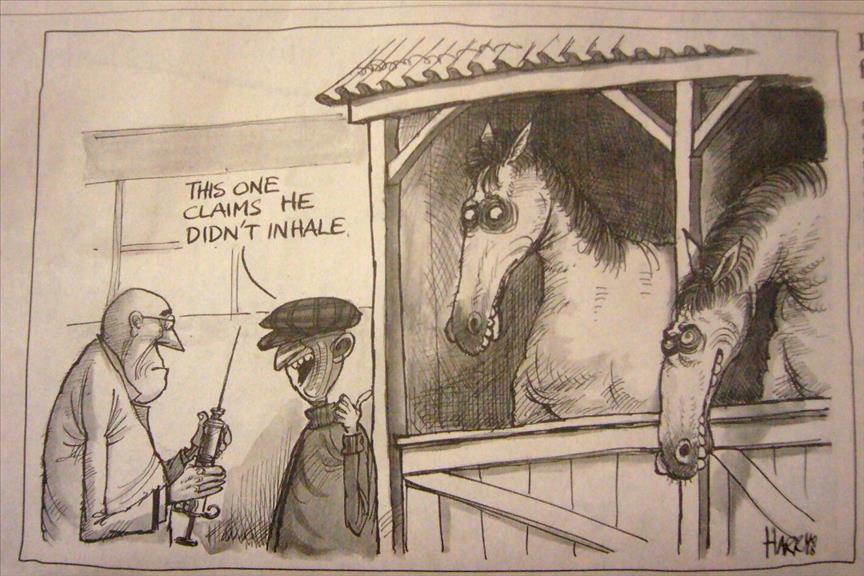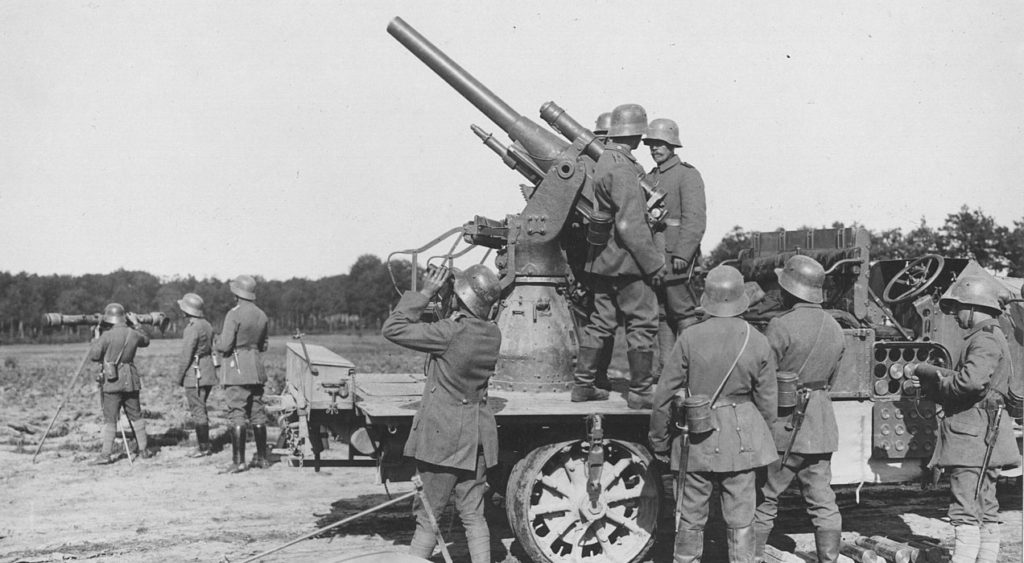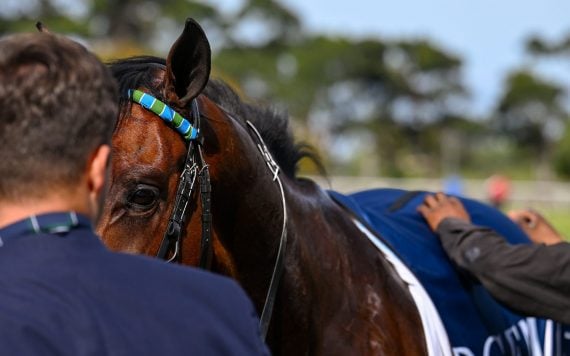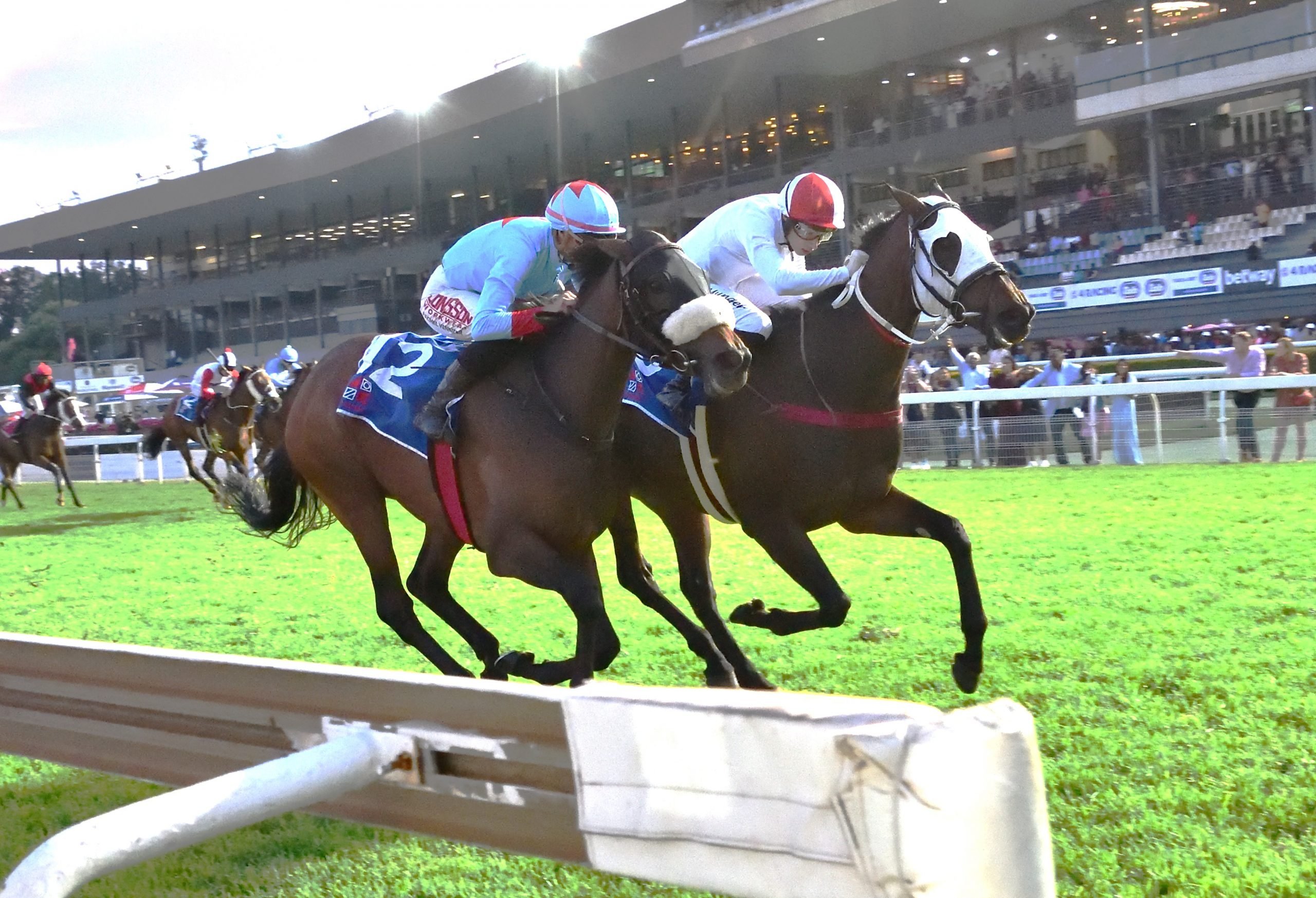My viewpoint regarding the efficacy of the NHRA, and in particular the role that Racing Control plays, is well documented. When comparing South Africa racing control with other racing jurisdictions, we don’t stack up when the numbers are studied.
Longstanding racing man Steve Reid writes in the Sporting Post Mailbag that our stipes have traditionally not liked to get their hands dirty and rely on the infamous admission of guilt system.
It’s as simple as that.

Things have improved slightly recently, and in particular, it is evident that more time is being spent on the stipes reports issued.
The contents in these reports indicate that the stipes are making more attempts to do what they are employed to do. In some instances actual questions are being asked of trainers and jockeys regarding the performances of horses in a race.
While there is a long way to go to match the detail, regularity, and content evident in other racing jurisdictions, this is a step in the right direction.
Perusing Saturday’s Turffontein report soon showed a pattern that more samples were being collected from runners on the day.
The usual scenario of a sample from every winner was expanded, and in the Graded races particularly, it soon became obvious that the first 3 past the post were earmarked for samples.
This collecting from the first 3 occurred in the Man ‘O War, The Horse Chestnut, and the Oaks. The trend seemed obvious at that stage of the day.

This changed for some inexplicable reason in the Derby where only the first 2 past the post were called to provide a sample.
You may be thinking perhaps budgetary constraints were kicking in after the high number of samples collected in previous races, but you would be wrong in this assumption.
A third sample was called for in the Derby, this from an unplaced horse FSquadron.
Now the stipes are to be commended for doing random checks but this action seems highly irregular when compared to previous activity in earlier graded races on the day. FSquadron was the only unplaced horse on the day, in all races not just graded races, where samples were called for.
FSquadron fresh from an MR75 victory in his previous start over 2000m at the same track, was not expected to trouble the elite and went off at 80/1.
Rated an 84 coming into the race, the horse competed under huge sufferance compared to the fancied runners.
Malmoos as a line, was rated 36 points superior to F-Squadron. The reality, in simple handicapping, is FSquadron actually ran better than his rating when compared to Malmoos’ performance.
This begs the question – why was this horse chosen to be tested?
It would make far more sense to test other more fancied horses who were expected to run better than they did. The run of Flying Carpet deserved far more attention than that of FSquadron, in my opinion.

To substitute Second Base’s sample with an unplaced horse in the biggest race of the day makes no sense, and accordingly, questions should be asked why this happened.
Incidentally it is interesting to note that the line horse chosen by the handicappers in the Derby was Second Base so it makes the sample decision look even stranger.
While I fully understand that a random test for a horse is a control measure that the stipes are entitled to enforce, the numbers don’t add up.
In the third race of the day, Grant Maroun’s charge Donny G ran a surprising second at 50/1. A sample was taken from the horse. This was in a minor race on the day and the preceding two races had only seen samples taken from the respective winners.
The sample taken from Donny G makes perfect sense as it stands to reason that when a horse performs significantly above or below expectations, there are grounds for checks to be done.
FSquadron did not tick any of these boxes on the day.
The question needs to be asked – were there ulterior motives involved in the testing of F-Squadron?
The Shams train FSquadron and also had a better rated, and better fancied horse in the race in the form of Bingwa.
Bingwa also ran unplaced in the Derby. He did however finish 7 lengths in front of FSquadron. Bingwa had a MR 24 points higher than FSquadron going into the Derby. On pure handicapping ratings, Bingwa seems to be the horse that underperformed, not F-Squadron.

So why was FSquadron identified as the horse needing to be tested?
History has shown that the NHRA are a horrible vindictive lot who like to settle scores.
There are many examples of this dictatorship playing the man and not the ball when any challenge is made to their authority.
In the very short term, both Mark Sham and Chase Maujean have been involved in very public troubles with the NHRA. Both of these gentlemen have obtained some form of relief from their original sentencing on appeal.
Reach your own conclusion as to why FSquadron was singled out. I have no doubt it had nothing to do with the performance of the horse in the Derby!








